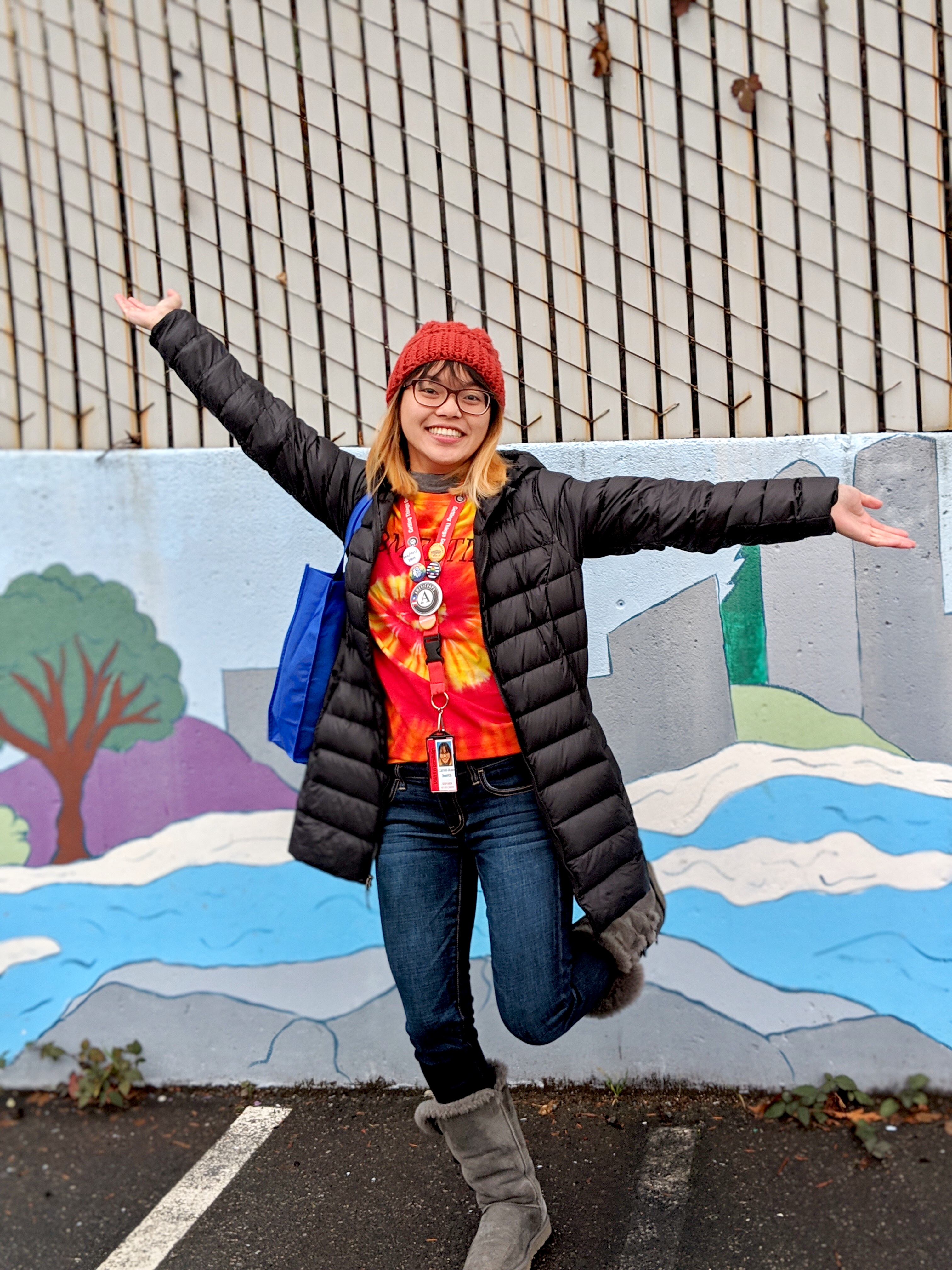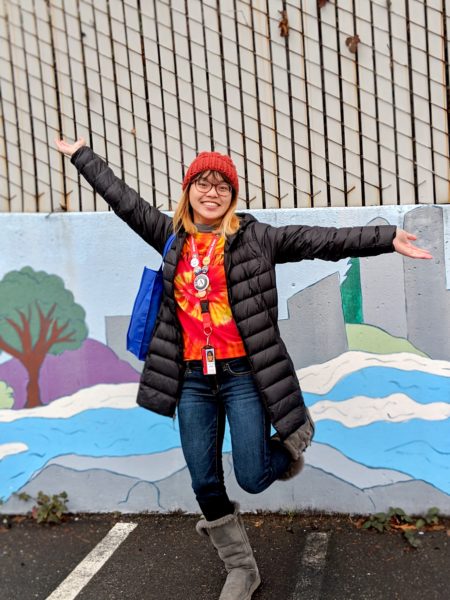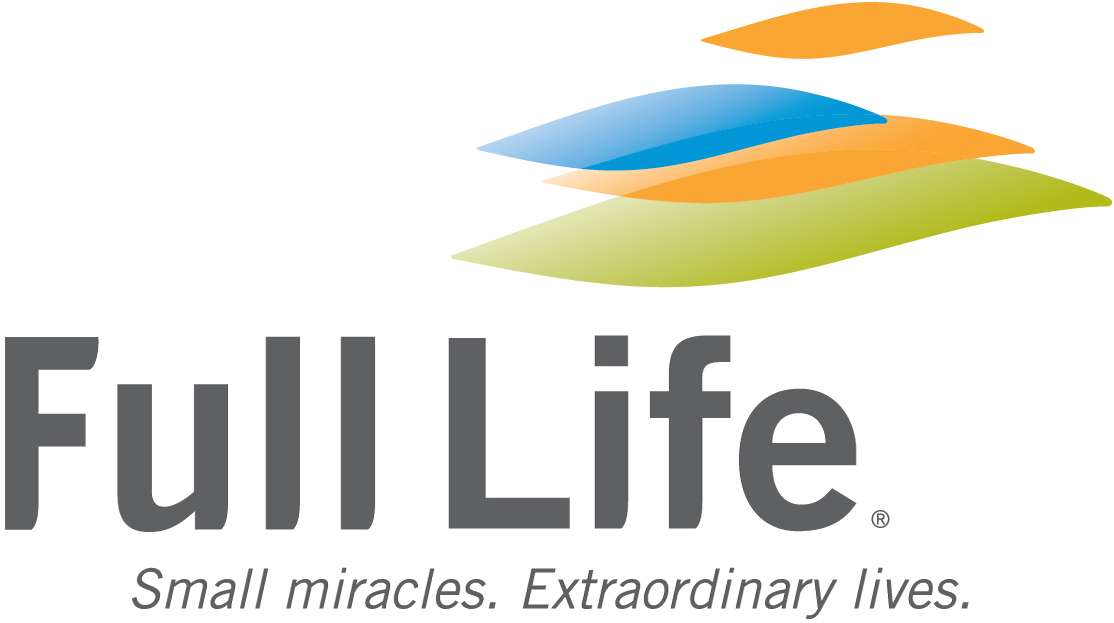Team AmeriCorps: Why I Serve by Carol-Ann Smith

March 7, 2019
National AmeriCorps Week is March 10-16, 2019. This week, Full Life Care features our serving members and their amazing contributions to the community. Full Life hosts AmeriCorps members each year, from September through July. Recruitment for the upcoming program year starts in May. For details, visit our AmeriCorps page or email us.
Carol-Ann Smith
 Hometown: Born in Bayawan, Philippines, grew up in DuPont, Washington
Hometown: Born in Bayawan, Philippines, grew up in DuPont, Washington
College: University of Washington, Medical Anthropology and Global Health
AmeriCorps Placement: Program Support Liaison, Seattle Parks Lifelong Recreation Dementia-Friendly and LGBTQ Senior programs.
I support programs that offer a range of recreational and social experiences for older adults, including arts in parks, garden walks, folk dancing and yoga. All of them are made possible through community partnerships and support. I just helped with an LGBTQ Mardi Gras Party, and am I’m excited about a dementia-friendly poetry and art creation workshop, called Creativity in Bloom. I assisted a volunteer from Momentia to organize the event, reached out to sponsors and designed a flyer. Participants will create poems and watercolor bookmarks. I am proud to be part of something so grassroots and empowering for older adults and the people who support them.
I joined AmeriCorps to serve older adults in the community because working with them challenges me and gives me hope. In the first half of college, my interests in healthcare led me to an assisted living facility, where I was a nursing assistant, working closely with older adults. The job involved a lot of physical and emotional stamina. There were times I felt blessed to know some of the residents, who had lived through rich, varied experiences. There were also times when I became frustrated by a resident’s sundowning, anxious about a heavy workload, or worried about a resident’s health. The most frustrating part was how often older adults are overlooked in society. Many are socially isolated and suffering poor overall health because of it.
I wanted to see a different side—not the clinical side—of aging. I wanted to get a better idea of what can be done to keep people connected and engaged with the community as they age. Now, I see many ways it can be done through recreational activities and programs.
I like being a part of the Full Life Care AmeriCorps team because I feel supported as I transition from college and part-time jobs to a full-time job. I appreciate the unique backgrounds and personalities each AmeriCorps member brings to the group, the program coordinator’s patience and ability to guide us through all the paperwork, and the emphasis on self-care and meaningful reflection of what we do.
One of my favorite memories so far was during a dementia-friendly Garden Discovery Walk at the Dunn Gardens last fall. I helped volunteers set up snacks and craft materials for our nature-based art activity later. Participants trickled in and I welcomed them with a smile, handing off watercolor name tags. I read the name tag of one participant out loud and she immediately beamed at me and swooped in for a hug. I’m not sure if she appreciated that I remembered her name from a previous encounter (though I was “cheating” by reading her name tag) or if she was just happy that morning. Either way, it was a lovely time. That simple human interaction reminded me of the importance of a name and of being seen.
The favorite part of my service experience is being able to take part in art activities during programs. Art is my favorite form of expression and I get to savor it in so many ways through this position, from designing event flyers to creating mixed media art with participants. Art reflects a piece of ourselves that exists in that moment, so I feel more connected to the older adults I serve, especially those with memory loss, through their creations. They may not remember many events from the past, but they are being their authentic selves when they paint, sing, sketch or craft.
Serving with Full Life Care has really influenced the way I reflect on volunteering and community engagement. I appreciate the efforts people channel into causes they are passionate about. Sometimes, programs don’t bring in a lot of people and sometimes partnerships don’t work out. Instead of dwelling on the failures, we have to learn from them and look for new ways to reach out and include community members in activities meant to empower them.
